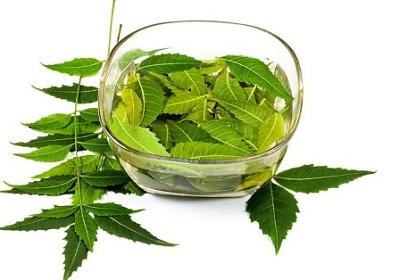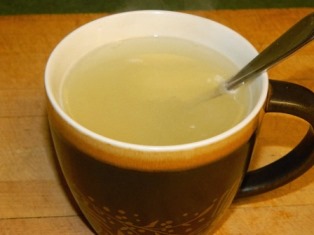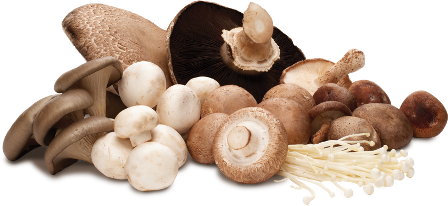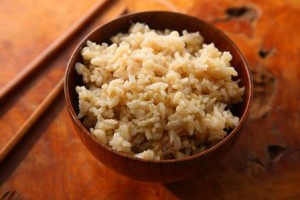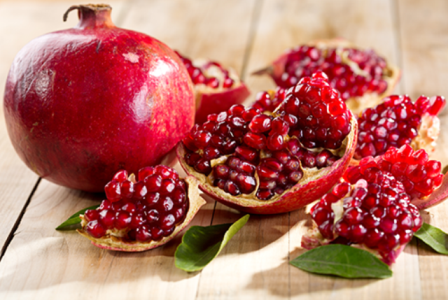Mumbai is currently grappling with dengue. Here are 5 natural ways to lessen the impact of fever and body pain.
by The Editors | editor@themetrognome.in
Dengue is currently claiming many victims in Mumbai. While the causes and effects of dengue are well known, what is not known to a lot of people is that the fever and body pain associated with dengue can be minimised with natural remedies.
Look for answers in your kitchen. Certain herbs and fruits can lessen the impacts of dengue. They may bring down fever, increase immunity and even step up platelet production in the blood. Here are 5 natural remedies in case you or a loved one are suffering from dengue:
 1. Papaya for platelets. Research shows that papaya and its leaves have curative properties. The fruit is especially beneficial in the treatment of dengue. Raw papaya is said to be an excellent remedy for increasing the platelet count in the blood. It also enables the removal of toxins through urine, so that fever may reduce.
1. Papaya for platelets. Research shows that papaya and its leaves have curative properties. The fruit is especially beneficial in the treatment of dengue. Raw papaya is said to be an excellent remedy for increasing the platelet count in the blood. It also enables the removal of toxins through urine, so that fever may reduce.
2.Purify with neem. Neem has the potential to purify the skin and system. It is potent in any form – when chewed in leaf form or added as an extract to oil. Neem has blood purifying properties, so it helps in bringing down fever, clearing out toxins that cause disease and even rashes on the skin. To use, add unscented neem oil to a damp cloth and place it on the forehead of the person suffering from dengue fever. Alternately, you can put neem leaves in hot water and inhale the steam. The patient can even take a wash of neem-soaked warm water every day.
3.Warm tulsi tea. Basil has unique cleansing properties that remove toxins, fever and infection from the body. Ayurvedic doctors recommend adding a sprig of tulsi leaves to warm water, letting them steep in the water for 3 minutes and then drinking the tea at least twice a day to fortify the body from within. You can also boil tulsi leaves in water, strain the water and add a teaspoon of honey before drinking the tea.
also boil tulsi leaves in water, strain the water and add a teaspoon of honey before drinking the tea.
4. Coriander for fever. Though unpleasant to taste, coriander leaves may be used to bring down dengue fever. Chop finely and blend to a juice, with half an inch of fresh ginger and some turmeric. Drink this juice twice a day to reduce the severity of fever.
5. Orange juice for immunity. Dengue strikes more severely when the patient’s immunity is compromised. Increase immunity with the intake of Vitamins A and C. Chew on raw carrot pieces, or have a glass of orange juice (with the pulp intact) to get your vitamin fix.
(Pictures courtesy www.wikihow.com, www.urdumania.net, english.alarabiya.net. Images are file pictures used for representational purpose only)
